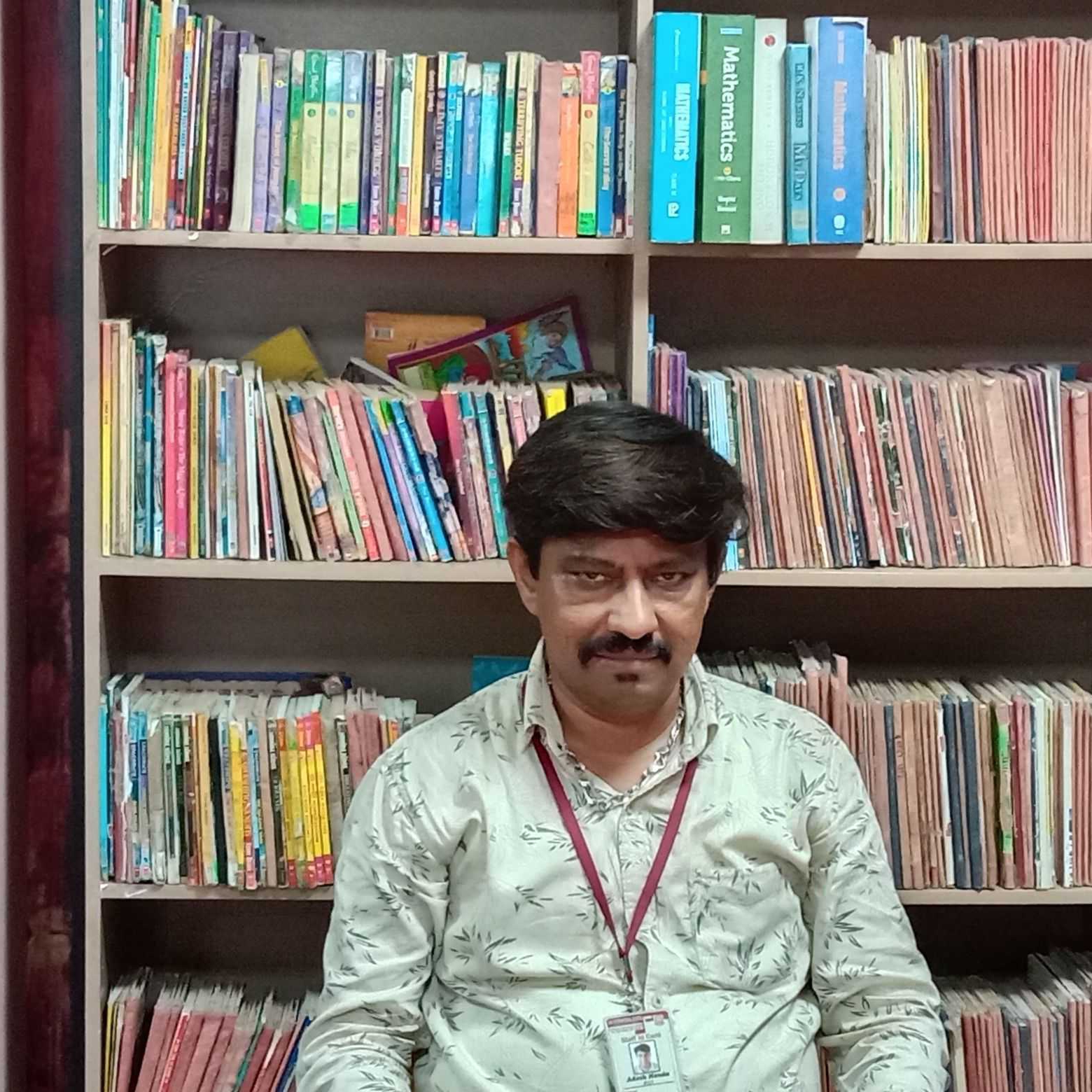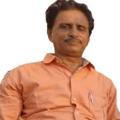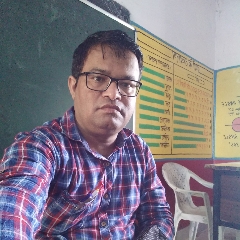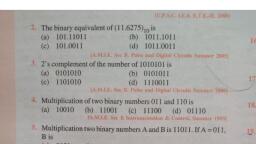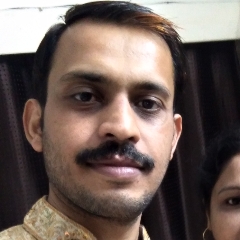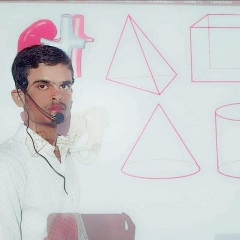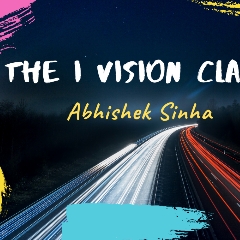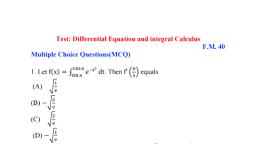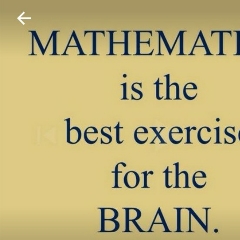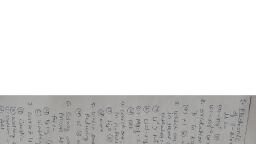Question 1 :
A group consists of 4 couples in which each of the 4 persons have one wife each. In how many ways could they be arranged in a straight line such that the men and women occupy alternate positions?
Question 2 :
A batsman can score $0,1,2,3,4$ or $6$ runs from a ball. The number of different sequences in which he can score exactly $30$ runs in an over of six balls is:
Question 4 :
A bag contains Rs. $112$ in the form of $1$-rupee, $50$-paise and $10$-paise coins in the ratio $3 : 8 : 10$. What is the number of $50$-paise coins?
Question 5 :
On the eve of Diwali festival, a group of 12 friends greeted every other friend by sending greeting cards. Find the number of cards purchased by the group.
Question 6 :
If the letters of word ' IMPORTANCE ' are arranged from left to right in alphabetic order , then which letter will be the fifth from left <br>
Question 7 :
Re. 1 and Rs. 5 coins are available (as many required). Find the smallest payment which cannot be made by these coins, if not more than 5 coins are allowed.
Question 8 :
Using the  digits $0,  2, 4, 6,  8$ not  more than once in any number, the number of $5$ digited numbers that can be formed is<br/>
Question 9 :
A  telegraph post has 5 arms, each arm is capable of four distinct positions including the position of rest. The total number of signals that can be made is:
Question 10 :
The number of permutation of the letters of the word $HINDUSTAN$ such that neither the pattern $'HIN'$ nor $'DUS'$ nor $'TAN'$ appears, are :
Question 11 :
The number of rational numbers $ \dfrac {p}{q}$, where $p,q$ $ \in $ ${1, 2, 3, 4, 5, 6}$ is
Question 12 :
Number of ways in which $7$ green bottles and $8$ blue bottles can be arranged in a row if exactly $1$ pair of green bottles is side by side is (Assume all bottles to be a like except for the colour).
Question 13 :
The number of numbers lying between 10 and 1000 that can be formed with 0, 2, 3, 4, 5, 6 so that no digit being repeated in any number is
Question 14 :
There are n seats round a table numbered $1,2,3,...,n$. The number of ways in which $\displaystyle m \left ( \leq n \right )$ persons can take seats is
